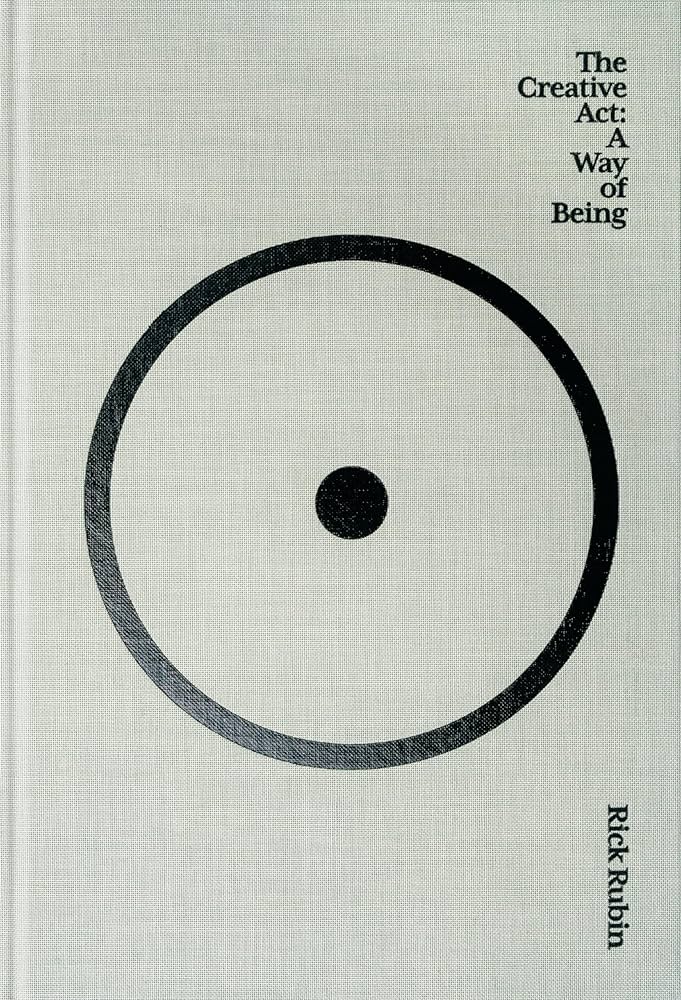Beginner’s Mind
byThe concept of a “beginner’s mind” is illustrated through a remarkable story involving artificial intelligence and the ancient board game Go, which has been played for over three thousand years. Go is known for its unparalleled strategic depth, boasting more possible move combinations than there are atoms in the universe. Traditionally, mastery of the game has required years of study, with players relying on centuries of accumulated human knowledge and strategic refinement. However, AlphaGo, an artificial intelligence program developed by DeepMind, approached the game differently, learning not from human expertise but through its own self-play. By analyzing hundreds of thousands of games and continuously refining its strategies against itself, AlphaGo managed to cultivate an entirely new understanding of Go, uninfluenced by historical traditions and preconceived notions.
A defining moment in its rise to prominence occurred during its highly publicized match against Lee Sedol, one of the world’s top Go players. In one of the games, AlphaGo made a move that defied conventional strategy, a play that was initially dismissed as an error by experts watching the match. However, as the game unfolded, it became evident that the move was not a mistake but a breakthrough—an insight that no human had ever conceived. The unpredictability of AlphaGo’s playstyle ultimately led to a decisive victory, demonstrating that innovation does not always stem from experience but sometimes from an unburdened perspective. The event was a turning point, challenging the traditional understanding of mastery in Go and leaving even the most skilled human players to reconsider their approach.
The philosophical takeaway from AlphaGo’s triumph extends beyond the game itself and into broader realms of creativity and problem-solving. The “beginner’s mind” is a principle derived from Zen Buddhism, advocating for an open-minded approach that is free from preconceptions. When individuals cling too tightly to what they already know, they may inadvertently close themselves off from new possibilities. AlphaGo’s success exemplifies how detaching from established knowledge can lead to revolutionary breakthroughs. This concept is not just relevant to artificial intelligence but applies to artistic endeavors, scientific discovery, and even daily life, where innovation often comes from seeing the world through fresh eyes.
A parallel example can be found in the music industry, where some of the most revolutionary artists have emerged not from technical proficiency but from raw, uninhibited expression. The Ramones, for instance, lacked the formal musical training of their predecessors but ended up redefining rock music with their minimalist and high-energy approach. Their lack of knowledge regarding traditional song structures freed them to create something groundbreaking, proving that a beginner’s perspective can disrupt even the most established creative landscapes. Similar disruptions have occurred in visual arts, where self-taught painters and sculptors have introduced new forms and styles that classically trained artists might not have conceived due to their adherence to convention.
This concept is not limited to human creativity—it extends to nature, where animals and children exhibit remarkable problem-solving skills precisely because they lack preconceived limitations. Young children, unencumbered by the rigid thinking patterns that develop in adulthood, often devise inventive solutions to problems because they do not yet recognize what is “impossible.” Likewise, animals frequently find unconventional ways to navigate their environment, demonstrating an instinctual form of innovation. The beginner’s mind, therefore, is not about ignorance but about embracing a state of openness that allows for radical new insights.
The chapter ultimately serves as a reminder that expertise, while valuable, can sometimes become a constraint when it breeds complacency. When artists, thinkers, and creators remain confined by what is already known, they risk missing out on the extraordinary possibilities that lie just beyond the borders of conventional wisdom. By cultivating a beginner’s mind, individuals can challenge limitations, embrace uncertainty, and unlock new dimensions of creativity and discovery. Whether in the realm of artificial intelligence, artistic expression, or everyday problem-solving, the greatest breakthroughs often emerge when one is willing to let go of what they believe to be true and approach the world with a sense of wonder and curiosity.


